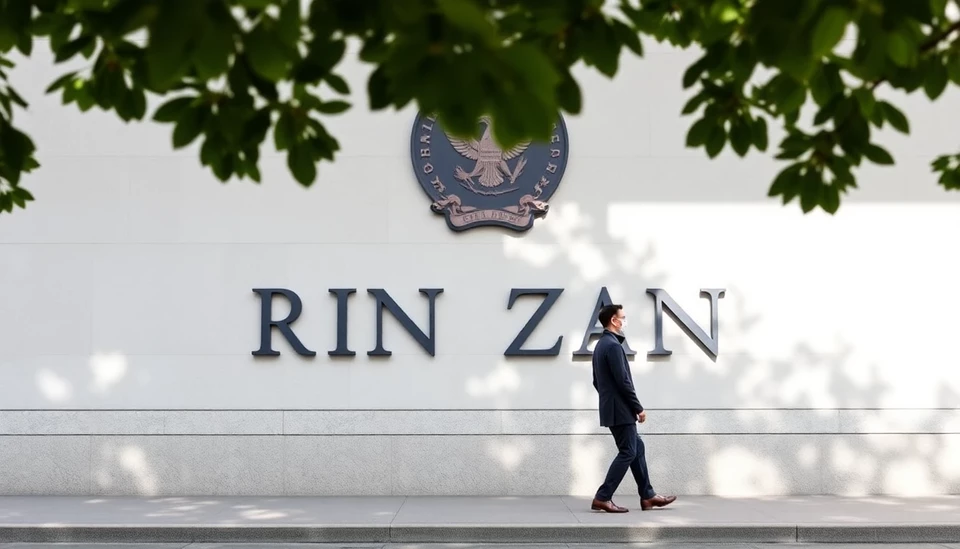
The Reserve Bank of New Zealand (RBNZ) recently announced that it was necessary to raise the cash rate to address prevailing high levels of bank liquidity. This decision comes amid ongoing challenges faced within the financial sector and broader economic landscape.
According to the RBNZ, the increase in the cash rate, which is currently set at 5.5%, is a strategic move aimed at ensuring that monetary policy remains effective in managing inflation and fostering economic stability. The central bank's actions reflect a keen understanding of the fluid conditions in which banks continue to operate, particularly as higher liquidity can often distort financial market equilibrium.
The RBNZ’s latest assessment indicated that the liquidity among banks had risen significantly, necessitating a higher cash rate to temper the market excesses that could arise from such conditions. By tightening monetary policy, the RBNZ aims to stabilize bank lending rates and encourage more prudent financial behavior among lending institutions.
In a statement released after the monetary policy review, the RBNZ emphasized that while liquidity is essential for ensuring that banks can meet withdrawal demands and control operational risks, excessive liquidity can lead to uneven lending practices and heightened financial risks. Therefore, the central bank is committed to restoring balance by adjusting the cash rate accordingly.
Market analysts have noted that this move could have significant implications for borrowers, as higher interest rates generally lead to increased costs for loans, mortgages, and credit. This shift in monetary policy is expected to influence consumer confidence as individuals and businesses prepare for potentially higher financial obligations.
Furthermore, the RBNZ's decision is indicative of broader trends in central banking, where many institutions are reassessing their strategies in light of recent economic challenges, including global inflation and supply chain disruptions. The RBNZ is poised to continue monitoring economic indicators closely and will remain adaptable in its policy approach to safeguard economic growth and financial stability.
As New Zealand navigates these evolving economic circumstances, the RBNZ's commitment to maintaining a balanced approach to monetary policy remains a focal point for both the financial sector and the general public. With ongoing discussions surrounding economic recovery and stability, the central bank’s actions will likely play a pivotal role in shaping the financial landscape over the coming months.
In conclusion, the RBNZ's decision to increase the cash rate reflects its proactive stance on managing bank liquidity challenges. The implications of this decision will resonate across various sectors, emphasizing the crucial interconnectedness of monetary policy, banking practices, and economic health.
#RBNZ #CashRate #BankLiquidity #MonetaryPolicy #NewZealandEconomy #InterestRates #FinancialStability #EconomicRecovery
Author: Rachel Greene




